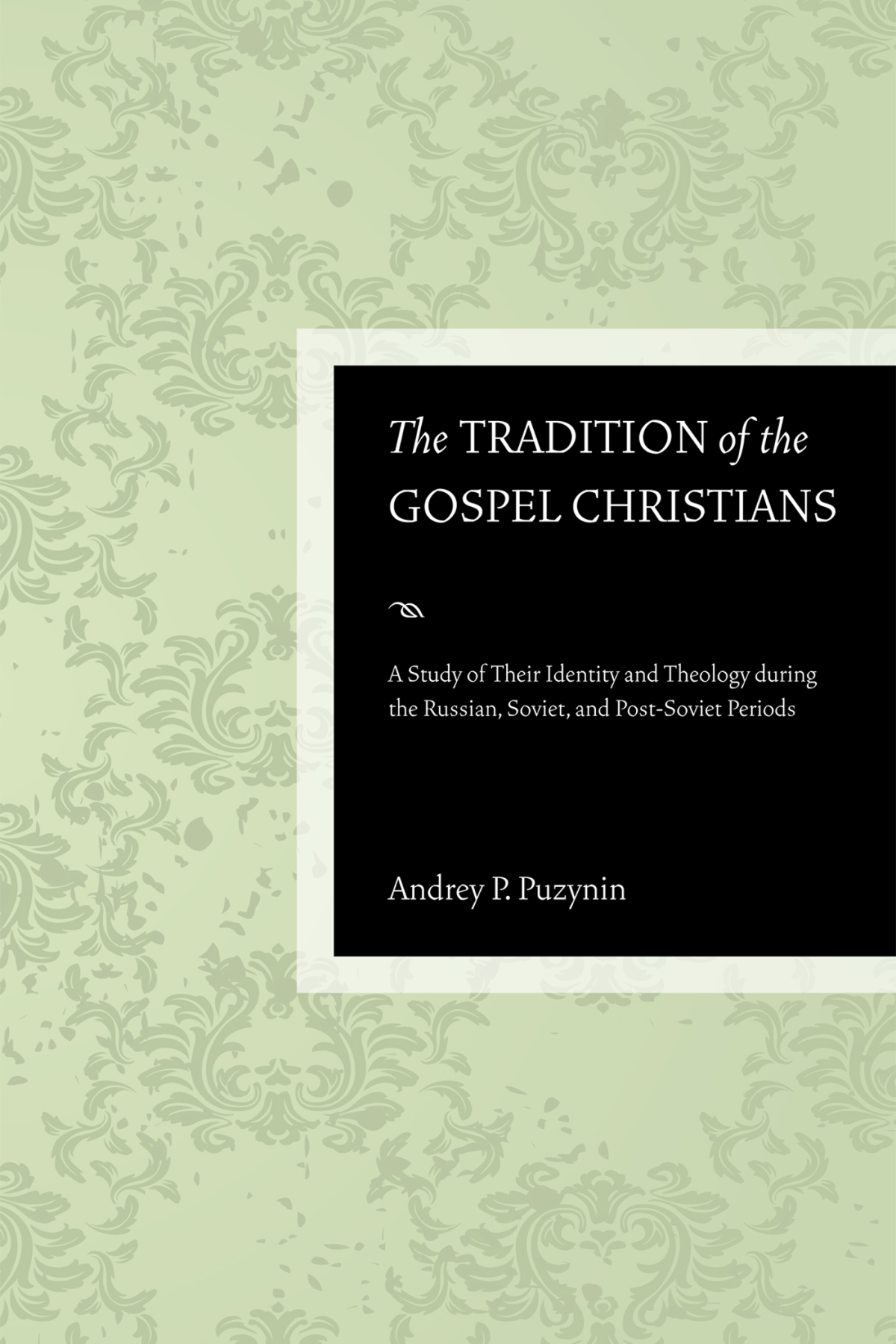

Most ebook files are in PDF format, so you can easily read them using various software such as Foxit Reader or directly on the Google Chrome browser.
Some ebook files are released by publishers in other formats such as .awz, .mobi, .epub, .fb2, etc. You may need to install specific software to read these formats on mobile/PC, such as Calibre.
Please read the tutorial at this link: https://ebookbell.com/faq
We offer FREE conversion to the popular formats you request; however, this may take some time. Therefore, right after payment, please email us, and we will try to provide the service as quickly as possible.
For some exceptional file formats or broken links (if any), please refrain from opening any disputes. Instead, email us first, and we will try to assist within a maximum of 6 hours.
EbookBell Team

0.0
0 reviewsThe Tradition of the Gospel Christians explores the post-Soviet tradition of evangelical Christians originating from the ministry of the Victorian revivalist preacher Lord Radstock in St. Petersburg in the 1870s. In an effort to resolve the current evangelical crises of theology and identity, this study provides an analysis of the tradition's history reflecting on its restorationist tradition, the contours and vectors of its theology, and its practice of biblical interpretation. The historical analysis reveals that the major causes of the crises of identity and theology pertain to the socio-political upheavals, which, in turn, led the tradition to develop strategies to maintain relevance in its changed contexts. The socio-political shifts were also responsible for the lack of emphasis on research and scholarship, which contributed to a difficulty in finding the necessary resources and intellectual virtues to deal with the collapse of the Soviet Union. Building on the discoveries of the historical analysis, Andrei P. Puzynin offers a new historical and theological paradigm by reconstructing the self-identifying narrative and theological framework in critical dialogue with recent developments in Anglo-American evangelicalism and postliberalism. Following the trajectory of the evangelical tradition in the post-Soviet context, a trajectory which relies on Western thought, the book adopts the narrative theological method of reading the world though the lens of Scripture. The self-identifying narrative of the community is reconstructed through a theological reading of the previous identity-constructions, in the light of recent discussions on Christ and the powers. The result of this study helpfully explains the dynamics of Eastern evangelicalism in a traditionally Russian Orthodox setting.